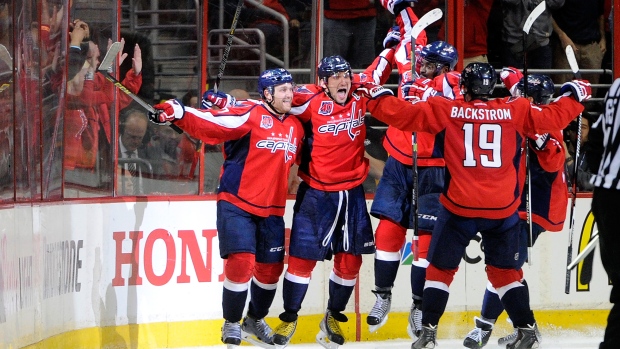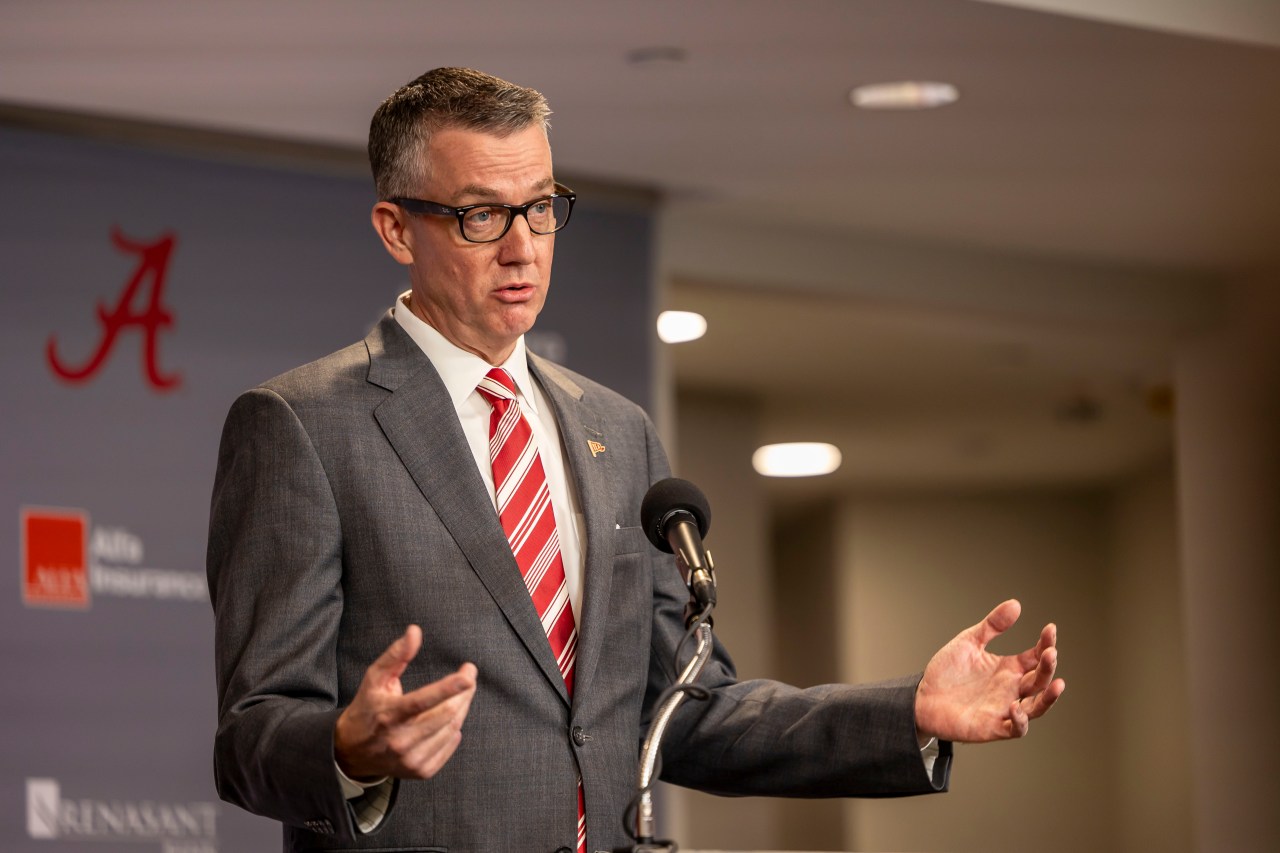The Washington Capitals, a prominent team in the National Hockey League (NHL), have faced significant challenges and uncertainties in recent seasons, prompting concerns among fans and analysts alike.
While the team has a rich history and a strong fan base, various factors have contributed to their recent struggles and the perception that they are in “big trouble.”
One of the primary concerns facing the Capitals is their performance on the ice. Despite having talented players like Alex Ovechkin, who continues to be a dominant force in the league, the team has experienced inconsistencies in their gameplay. In professional sports, maintaining consistency is crucial for success, and fluctuations in performance can lead to missed opportunities and disappointing outcomes.
In addition to on-ice performance, the Capitals have encountered challenges with team chemistry and roster management. Over the years, the composition of the team has evolved as players retire, get traded, or move on to other teams. Building and maintaining a cohesive team dynamic is essential for success in any sport, and disruptions in team chemistry can hinder performance on the ice.
Off the ice, the Capitals have also faced challenges related to leadership and management. Effective leadership is vital for guiding the team through both highs and lows, and ensuring that players are motivated and focused on achieving their goals. Management decisions, such as coaching changes or player acquisitions, can also impact team dynamics and performance.
Financial considerations are another factor that can influence a team’s stability and competitiveness. The NHL operates under a salary cap system, which limits the amount of money teams can spend on player salaries. Managing finances effectively and making strategic decisions regarding player contracts and acquisitions are crucial for maintaining a competitive roster while staying within budgetary constraints.
Moreover, external factors such as injuries, schedule changes, and league regulations can also impact a team’s performance and overall outlook. Injuries to key players can disrupt team chemistry and reduce the team’s ability to compete at a high level. Changes in the NHL schedule, such as back-to-back games or long road trips, can also affect player fatigue and performance on the ice.
Despite these challenges, it’s important to note that the Washington Capitals have a history of resilience and success. They have won the Stanley Cup championship multiple times in their history, demonstrating their ability to overcome adversity and achieve greatness. With strong leadership, strategic planning, and a commitment to excellence, the Capitals have the potential to bounce back from their current challenges and regain their status as a competitive force in the NHL.
In conclusion, while the Washington Capitals have encountered significant challenges and uncertainties in recent seasons, they have the potential to overcome these obstacles and return to their winning ways. By addressing issues related to on-ice performance, team chemistry, leadership, and financial management, the Capitals can position themselves for long-term success and continue to build upon their storied legacy in the NHL.




